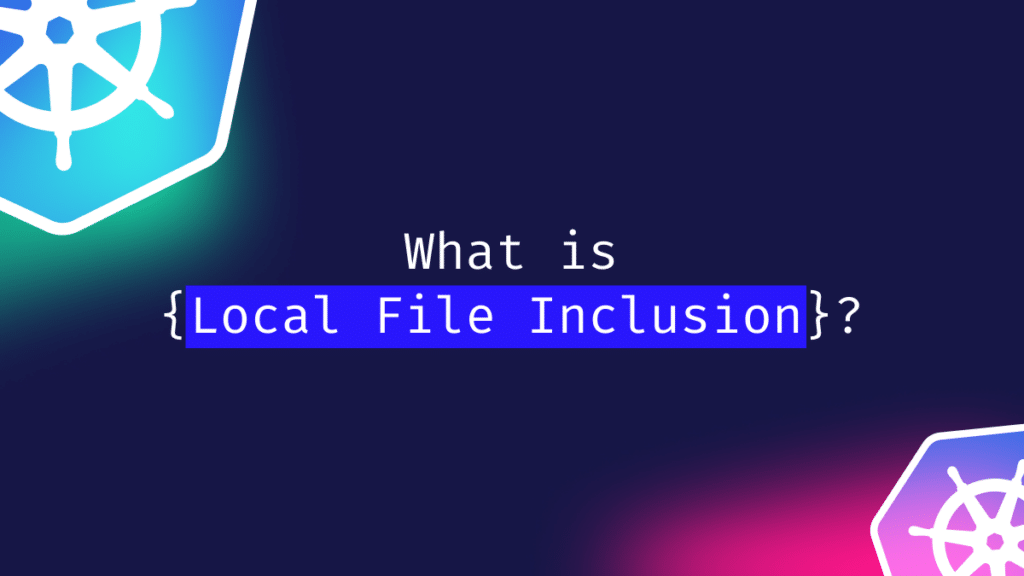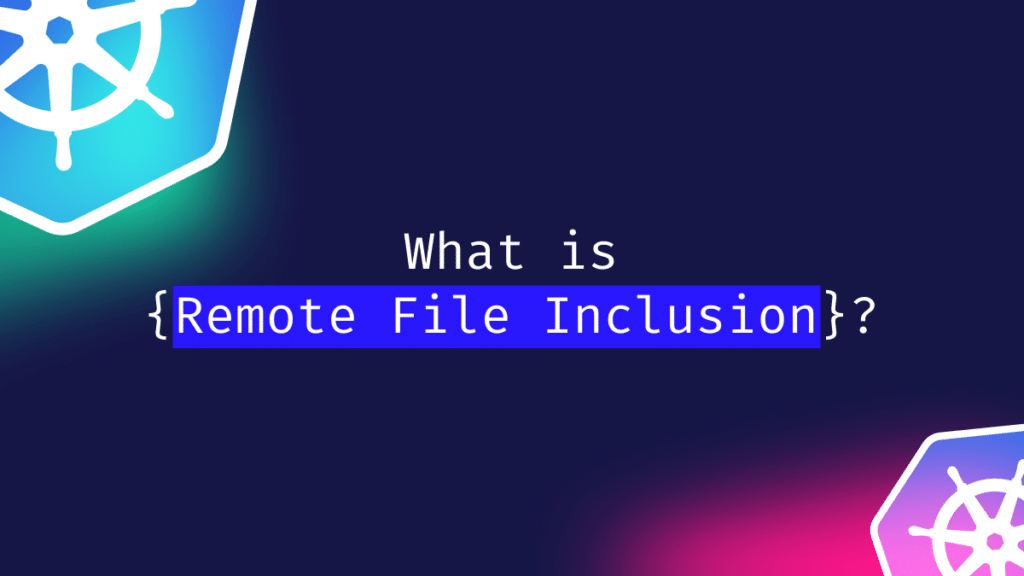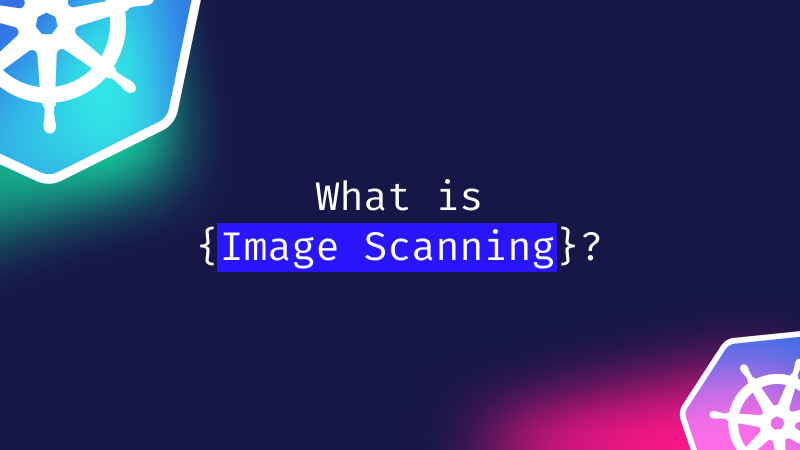Principle of Least Privilege
What is the Principle of Least Privilege?
The principle of least privilege (PoLP) states that every user, process, or system should have the minimum privilege access necessary to perform their functions and no more. This way, sensitive data exposure, the risk of unauthorized access, and the potential damage of malicious attacks are minimized.
The Concept of the Principle of Least Privilege
The principle of least privilege (PoLP) refers to access control or access management. Access control is granting or denying permissions to access resources, such as data, files, networks, or devices, while access management defines, implements, and monitors access policies and rules.
The principle of least privilege ensures that only necessary privileges are granted for the required duration, helping to design and enforce effective access policies and rules.
In Kubernetes security, applying PoLP ensures that each component and user has minimal privileged access necessary for their tasks, reducing the attack surface, enhancing fault tolerance, improving network security, and easing deployment.
PoLP is especially significant in containerized environments, where applications are packaged and isolated in containers that run on shared resources.
Containers are designed to be lightweight, portable, and scalable, but they also introduce new security challenges, such as increased complexity, interdependency, and ephemerality. PoLP helps to address these challenges by limiting the privileges of each container and its processes and preventing them from accessing or affecting other containers or the host system, thus maintaining operational performance.
Benefits of PoLP in Kubernetes Security
Applying PoLP in Kubernetes security has several benefits, such as:
1. Reduced Attack Surface
Applying this principle reduces unnecessary access points, making it more challenging for malicious actors to exploit vulnerabilities.
For instance, restricting a pod or container to only the privileges required for its specific function significantly decreases the likelihood of unauthorized access or manipulation of unrelated resources.
Similarly, when users or service accounts are granted only the permissions essential for their roles, the risk of credential theft, privilege escalation, or identity spoofing attacks is significantly mitigated.
2. Enhanced Fault Tolerance
Limiting privileges improves the availability, reliability and maintainability of the system, as it prevents errors or failures from propagating or affecting other components.
When a pod or a container is assigned only the necessary privileges for its application, it cannot disrupt other pods or containers on the same node or cluster, thereby improving system availability and performance.
Restricting user access or service account permissions to only the essentials required for their roles reduces the risk of unintentional or harmful changes to the system configuration or state, thereby enhancing system consistency and predictability.
3. Improved System Security
By limiting privileges, attackers cannot move laterally, as it confines the impact of compromised components.
For instance, if an attacker infiltrates a pod or container with only necessary privileges for its application, they cannot access or affect other pods, containers, or the host system, thus limiting the scope of the attack.
When an attacker compromises a user or a service account but has minimal permissions for its role, unauthorized actions and access to sensitive data are prevented, reducing the exposure and risk of the attack.
4. Ease of Deployment
Another benefit is streamlining system deployment and management by minimizing the complexity and overhead of granting and revoking privileges.
When a pod or container is allocated only the necessary privileges for its application, it can be deployed and scaled effortlessly without needing additional or elevated permissions, thus lowering operational and administrative costs.
Allocating only essential permissions to users or service accounts for their role simplifies creation and removal, cutting security and compliance costs.
Implementing PoLP in Kubernetes
Kubernetes provides several features and tools to implement PoLP in its security, such as:
Role-Based Access Control (RBAC)
In Kubernetes, role-based access control (RBAC) defines roles and role bindings to grant specific permissions to users, service accounts, or groups for accessing resources like pods, services, or secrets. K8s RBAC enables organizations to implement the PoLP by providing a means to assign the most restrictive set of permissions necessary for that still allow the job to be done. This ensures that access is limited to what is essential for performance, enhancing the system’s security posture.
For instance, a developer role might create and delete pods but not modify nodes or clusters, while a backup role may read and write secrets without executing commands or accessing logs. RBAC is used to define and enforce PoLP in Kubernetes by restricting access and capabilities for each user, service account, or group.
Pod Security Standards (PSSs)
Pod Security Standards (PSSs) enforce minimum security requirements for pods in Kubernetes, following the principle of least privilege. They restrict pod and container privileges and resources, such as running as non-root users, avoiding host network or IPC namespace sharing, not mounting the host filesystem, or using privileged or host ports. By enforcing PoLP, PSSs limit pod and container exposure and risk.
Applied via the PodSecurity admission controller, PSSs operate in Enforce, Audit, or Warn modes. Enforce mode denies requests that violate PSSs, Audit mode logs violations, and Warn mode returns warnings for requests that violate PSSs.
PSSs include three predefined policies:
- Privileged grants all privileges, like running pods without restrictions
- Baseline provides reasonable security restrictions for most environments
- Restricted imposes strict limitations for minimal privileges and resources.
The choice of policy depends on the security needs and trade-offs of each pod and its application.
Service Accounts
Service accounts control pod permissions based on the principle of least privilege. They assign roles and permissions to each pod and its processes according to their functions.
For instance, a backup pod might have read/write secret permissions, while a monitoring pod could execute commands and logs. By limiting access, service accounts help to enforce PoLP in Kubernetes.
Service accounts can be created and assigned to pods using the serviceAccountName field in the pod specification. By default, every pod uses the default service account, which has minimal permissions. It’s recommended that dedicated service accounts for specific tasks or applications be created and assigned to corresponding pods instead of using the default service account.
Network Policies
Network policies restrict pod network communication. They limit each pod’s traffic to essential services and protocols.
For example, a pod that runs a web server may only allow ingress traffic from web client pods on ports 80 or 443. It may also allow egress traffic only to the pods that run the backup service and only on ports 3306 or 5432. Network policies help to enforce PoLP in Kubernetes by limiting the exposure and risk of each pod and its network connections.
To define network policies, use the networkPolicy resource to specify pod selectors, ingress/egress rules, and allowed/denied ports and protocols. By default, pods are non-isolated, but it’s recommended that network policies be applied to isolate pods and allow only necessary traffic.
Admission Controllers
Admission controllers are a feature that allows for intercepting requests to the Kubernetes API server and modifying or rejecting them based on specific criteria.
They are based on the principle of least privilege, as they enforce security policies, validate resources, and mutate objects before they are persisted or executed. An admission controller may reject a request to create a pod that violates the PSSs or to update a service.
Admission controllers may modify requests to add or remove annotations, labels, fields, or inject sidecar containers or volumes. They help enforce PoLP in Kubernetes by limiting the privileges and resources of each request and object.
Enhancing Kubernetes Security
The principle of least privilege plays a crucial role in securing Kubernetes environments, especially for DevOps teams. It minimizes the risk of unauthorized access and the potential damage of malicious attacks.
PoLP reduces the attack surface, enhances fault tolerance, improves system security, and eases system deployment. Adhering to Kubernetes network policies as part of best practices is crucial for maintaining secure access and minimizing vulnerabilities.




